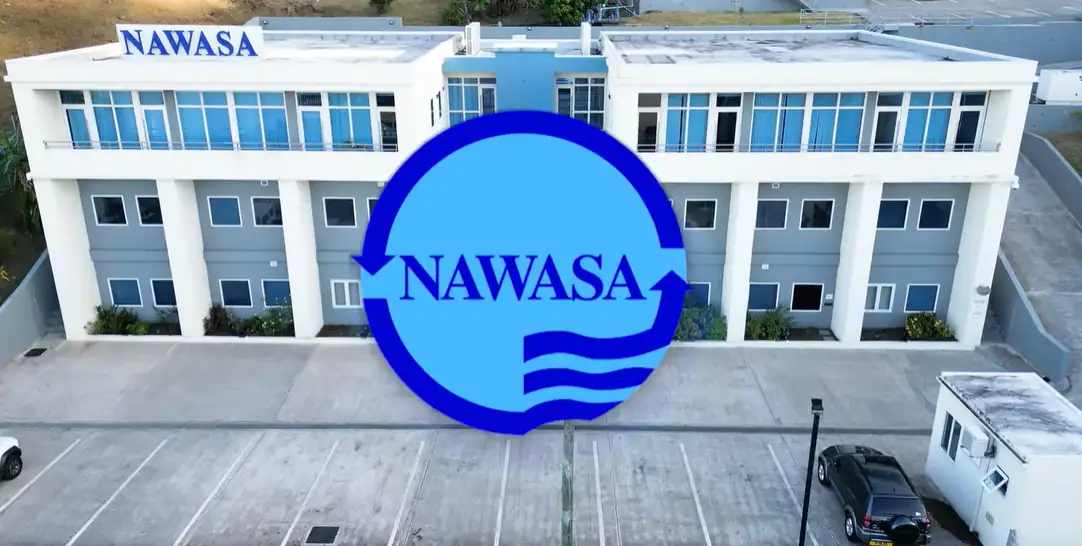St George’s – The National Water and Sewerage Authority (NAWASA) of Grenada, which had been working for the promotion of the integration of rainwater harvesting systems in buildings and houses, has again called for immediate steps to be taken to promote rainwater harvesting in the nation.
The General Manager of NAWASA, Teren Smith, has stated that certain areas of Grenada were susceptible to drought-like conditions throughout the year, and by promoting and implementing rainwater harvesting systems in these areas, people can overcome the shortage of water.
Smith said that NAWASA was working in close tandem with the Government of Grenada to make water harvesting systems more affordable for home and building owners.
Grenada’s sister islands of Carriacou and Petite Martinique had initiated various projects to promote rainwater harvesting systems, and now Grenada has also stepped up its efforts to integrate these systems in buildings and homes and harness the benefits.
Rainwater harvesting is a process through which rainwater from roofs is redirected and collected in storage tanks and used for various purposes like irrigating lawns, washing, and flushing.
Many areas in Grenada often face shortage of water, and to deal with these situations, the Government of Grenada had launched the Climate Resilient Water Sector (G-CREWS) project. The government had collaborated with the Grenada Development Bank, and the German Development Corporation (GIZ) to undertake various projects for ensuring water security for the nation and its citizens.
Smith said that it was high time for the citizens of Grenada to adopt rainwater harvesting systems, which can further boost the supply of water for the local communities. He said that water collected through rainwater harvesting could supplement the supply of water and also bring down the dependence of the local community on the centralized water systems of Grenada.
He has also recommended the use of purification methods for storing rainwater harvested through the installed system.
The Government of Grenada has also been trying to promote rainwater harvesting systems under its G-CREWS project. The government has earlier provided 100% financing to agriculture, tourism, and business sectors for installing rainwater harvesting systems, but there is still a lot of scope for integrating these systems into the buildings and homes in various parts of the nation.
The Government of Grenada can still provide financial incentives for the installation of rainwater harvesting systems in homes and businesses, which can go a long way in promoting this practice in the island nation.







